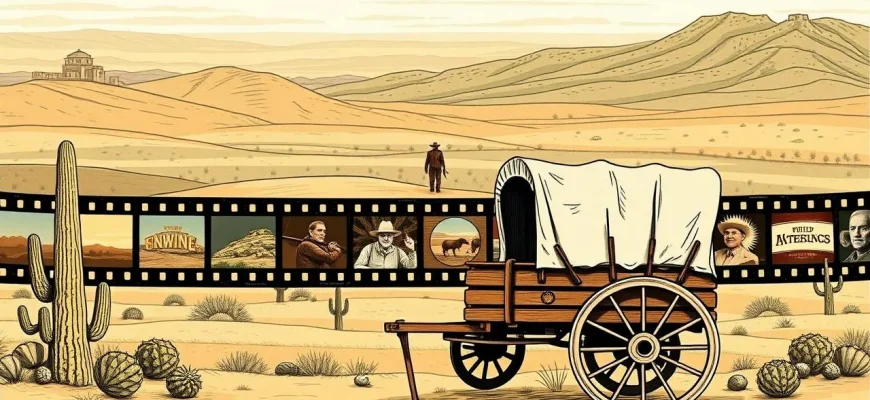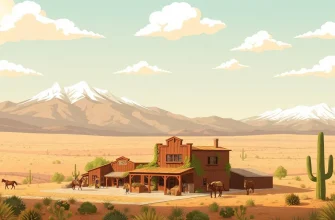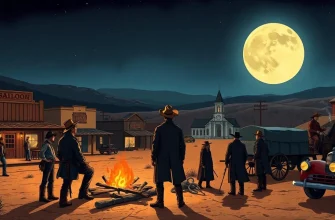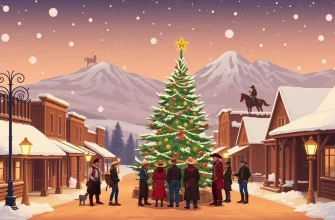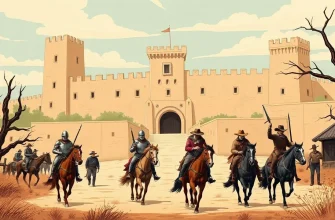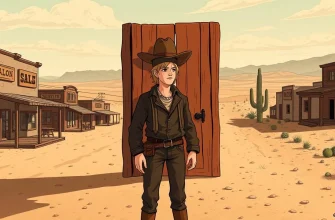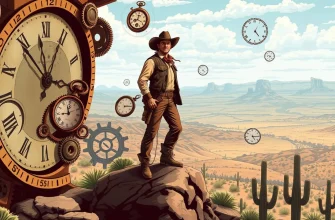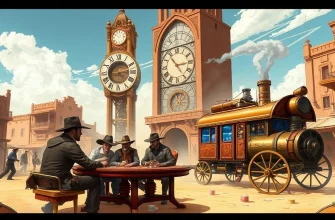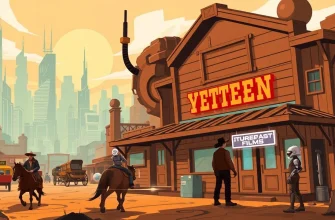The Western genre has long captivated audiences with its tales of rugged landscapes, lawless towns, and the indomitable spirit of the frontier. This collection of 10 classic western films not only transports viewers back in time but also offers a rich tapestry of stories that explore themes of justice, survival, and the American Dream. Each film in this selection has been chosen for its historical significance, its portrayal of the Old West, and its enduring appeal to both cinephiles and casual viewers alike.
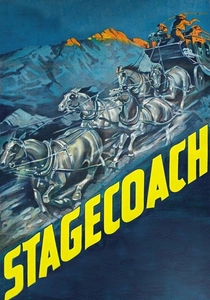
Stagecoach (1939)
Description: This film not only revitalized the Western genre but also introduced John Wayne as a leading man, setting the stage for countless Westerns to follow.
Fact: It was the first major film to be shot in Monument Valley, which would become synonymous with the Western genre.
 Watch Now
Watch Now
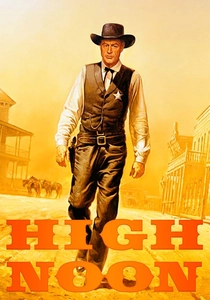
High Noon (1952)
Description: A real-time narrative that explores themes of duty, honor, and the individual against the community, making it a timeless classic of the genre.
Fact: The film was initially seen as an allegory for the Hollywood blacklist, with Gary Cooper's character standing alone against the town's cowardice.
 Watch Now
Watch Now
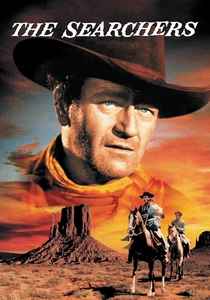
The Searchers (1956)
Description: This John Ford masterpiece delves into the complexities of racial prejudice and the search for identity in the post-Civil War era, making it a profound exploration of the past.
Fact: John Wayne's character, Ethan Edwards, was initially offered to Henry Fonda, who turned it down. The film was also one of the first to use VistaVision, a high-resolution widescreen process.
 Watch Now
Watch Now
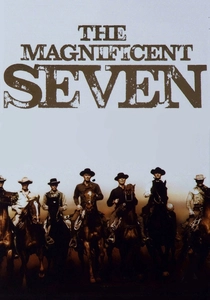
The Magnificent Seven (1960)
Description: A remake of Akira Kurosawa's "Seven Samurai," this film brings together a diverse group of gunmen to defend a Mexican village, highlighting themes of heroism and camaraderie.
Fact: The theme song by Elmer Bernstein became one of the most recognizable in film history, often associated with the Western genre itself.
 Watch Now
Watch Now

The Man Who Shot Liberty Valance (1962)
Description: This film examines the myth versus reality of the West, with a narrative that questions the heroism often attributed to Western legends.
Fact: The famous line "When the legend becomes fact, print the legend" encapsulates the film's theme of myth-making in the West.
 Watch Now
Watch Now
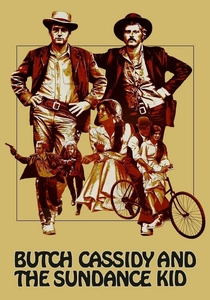
Butch Cassidy and the Sundance Kid (1969)
Description: A blend of comedy and drama, this film follows the adventures of two outlaws, offering a lighter, yet poignant, look at the end of an era.
Fact: The film was one of the first to use freeze-frame endings, a technique that became popular in the 1970s.
 Watch Now
Watch Now

Once Upon a Time in the West (1968)
Description: Sergio Leone's epic reimagines the American West through an Italian lens, offering a stylized, operatic take on the genre with unforgettable characters and a haunting score.
Fact: The film was originally conceived as a tribute to American Westerns, with scenes directly referencing classics like "High Noon" and "The Searchers."
 Watch Now
Watch Now
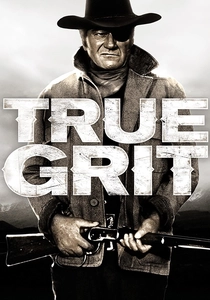
True Grit (1969)
Description: A tale of revenge and redemption, this film showcases the determination of a young girl seeking justice, with John Wayne delivering one of his most iconic performances.
Fact: John Wayne won his only Academy Award for Best Actor for his role as Rooster Cogburn.
 Watch Now
Watch Now
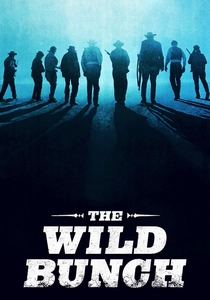
The Wild Bunch (1969)
Description: Sam Peckinpah's film is a gritty, violent portrayal of the end of the Old West, capturing the transition from the lawless frontier to the modern era.
Fact: The film's graphic violence was controversial at the time, leading to debates about the portrayal of violence in cinema.
 Watch Now
Watch Now
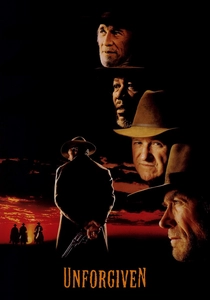
Unforgiven (1992)
Description: Clint Eastwood's deconstruction of the Western mythos, focusing on the brutal realities of violence and the moral ambiguities of the Old West.
Fact: Eastwood won the Academy Award for Best Director for this film, and it was also the last Western to win Best Picture until "The Revenant" in
 Watch Now
Watch Now

